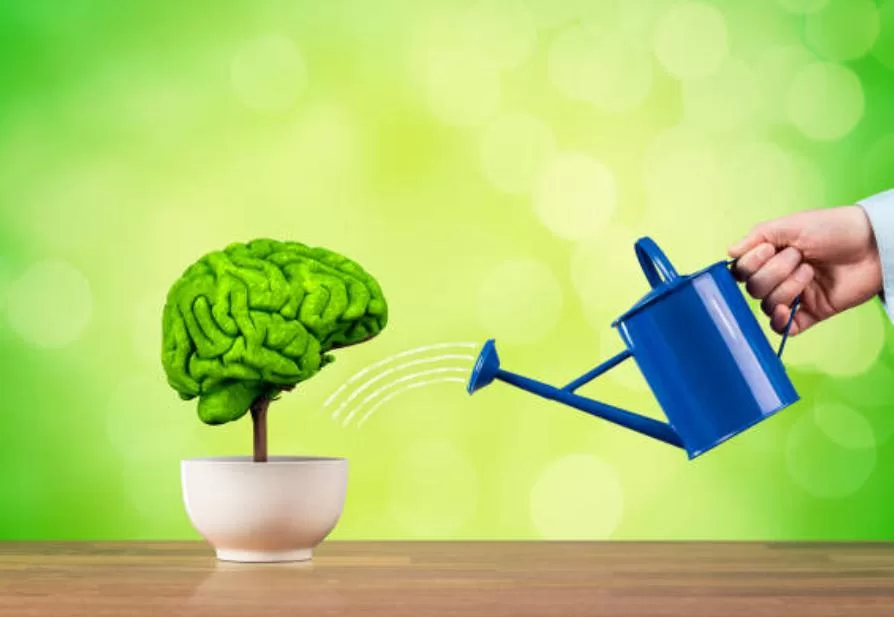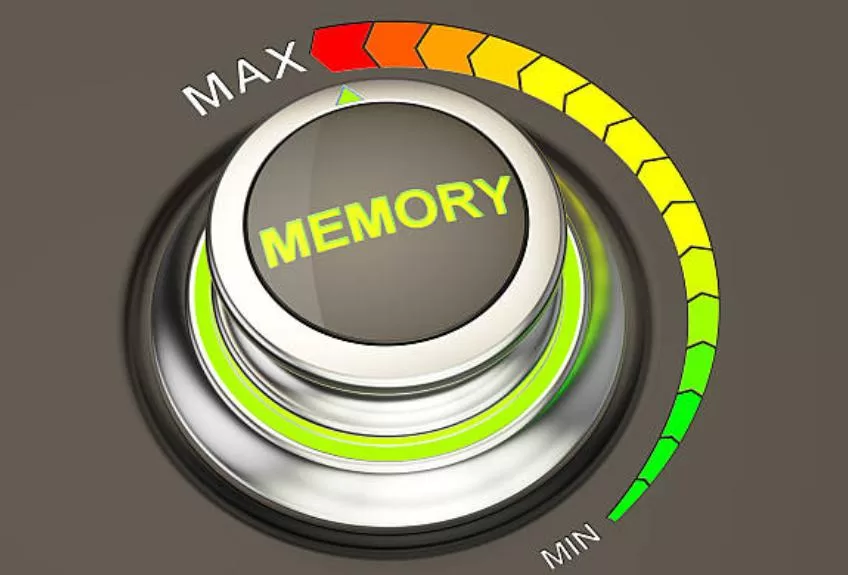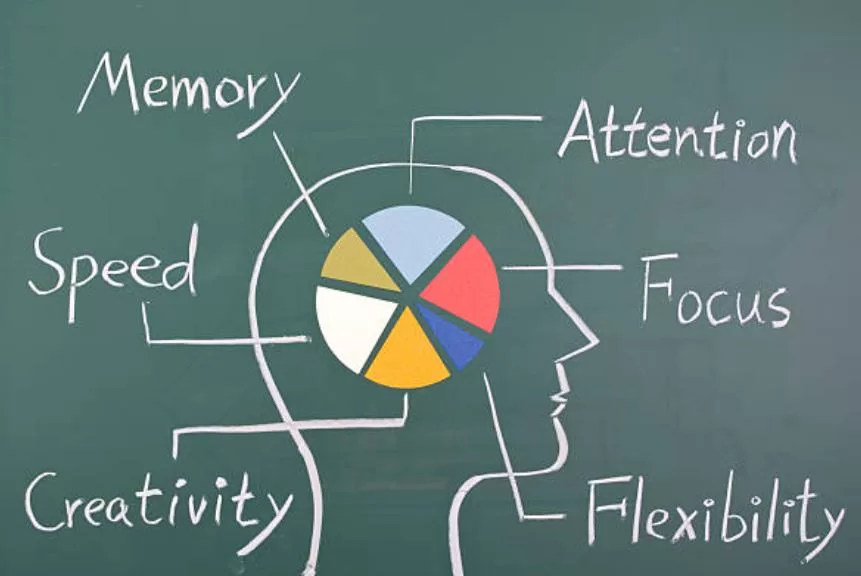How Can Meditation be Used to Improve Memory?

Selfpause Affirmation App
Download the app to get 1,000’s of affirmation meditations and everything you need to write, record and listen to your own.
Meditation has been utilized for thousands of years to increase overall well-being and stress reduction. In recent years, there has been an increase in interest in adopting meditation to improve memory. Memory is a critical cognitive skill that enables us to store and recall information. Memory loss can have a detrimental influence on our daily lives and may be a sign of something more serious.

Meditation can be used to improve memory in a variety of ways, including mindfulness meditation, guided meditation, and transcendental meditation.
Mindfulness meditation is a practice that focuses on the present moment without judgment. It can help to strengthen memory by making a person more aware of their thoughts and feelings and allowing them to be acknowledged without getting overwhelmed. This can help with memory since it allows a person to focus on the work at hand and stay present in the moment rather than becoming distracted by distractions.
Another sort of meditation that can help with memory is guided meditation. Listening to a recorded meditation or following along with a meditation guide is required for this style of meditation. Guided meditations can assist to improve memory by offering a sense of relaxation and serenity, making it easier to focus on the job at hand and recall knowledge.
Transcendental meditation is a style of meditation in which a mantra is used to help the practitioner achieve a state of deep relaxation. It is a simple and easy technique that can be done for 15-20 minutes twice a day. This sort of meditation can aid in memory improvement by instilling a sense of serenity and inner peace, which can improve focus and concentration.
Another method meditation can assist boost memory is by improving attention and concentration. Meditation trains the mind to focus on one task at a time, which can improve memory by allowing a person to better process and retain information. Meditation can help you remember and recall information by eliminating distractions and enhancing your capacity to focus.

Meditation can also assist to increase working memory, which is the ability to hold and manipulate information in the mind for a short period of time. Regular meditation practice has been demonstrated in studies to improve the ability to keep and modify information in working memory, which can be useful for daily tasks such as problem-solving and decision-making.
Meditation can also help older people strengthen their memory. Memory loss is a major problem as we age. Regular meditation practice has been demonstrated in studies to improve cognitive function and memory in older persons, potentially lowering the risk of age-related memory deterioration.
Meditation can also help children strengthen their memory. Meditation can help children improve their focus, concentration, and memory. Regular meditation practice in children has been demonstrated in studies to increase cognitive function, memory, and academic achievement.
Meditation can also help with memory by lowering stress and anxiety. Stress and worry can negatively influence memory by making it difficult to focus and recall information. Meditation can assist to lessen the harmful impact of stress and anxiety on memory by fostering a sense of relaxation and tranquility.

Meditation can improve the general health of the brain in addition to reducing stress and anxiety. Regular meditation has been proven in studies to increase the size of the hippocampus, a portion of the brain important for memory and learning. Meditation has also been proven to enhance the synthesis of a protein known as brain-derived neurotrophic factor (BDNF), which aids in the growth and survival of brain cells.
It’s important to remember that meditation isn’t a miracle treatment for memory loss, and it may not work for everyone. Regular practice, as with any other talent, is required to reap the rewards. Before beginning any new meditation practice, you should also contact with a healthcare expert, especially if you have any medical issues.
In conclusion, meditation is a strong method for improving memory. Meditation can help a person retain information by lowering stress and anxiety, boosting attention and concentration, and promoting overall brain health. While there are various different styles of meditation that may be used to improve memory, it is critical to choose the type that works best for you and to practice on a daily basis to gain the best outcomes. Furthermore, before beginning any new practice, it is always best to consult with a healthcare expert, especially if you have any medical concerns.
